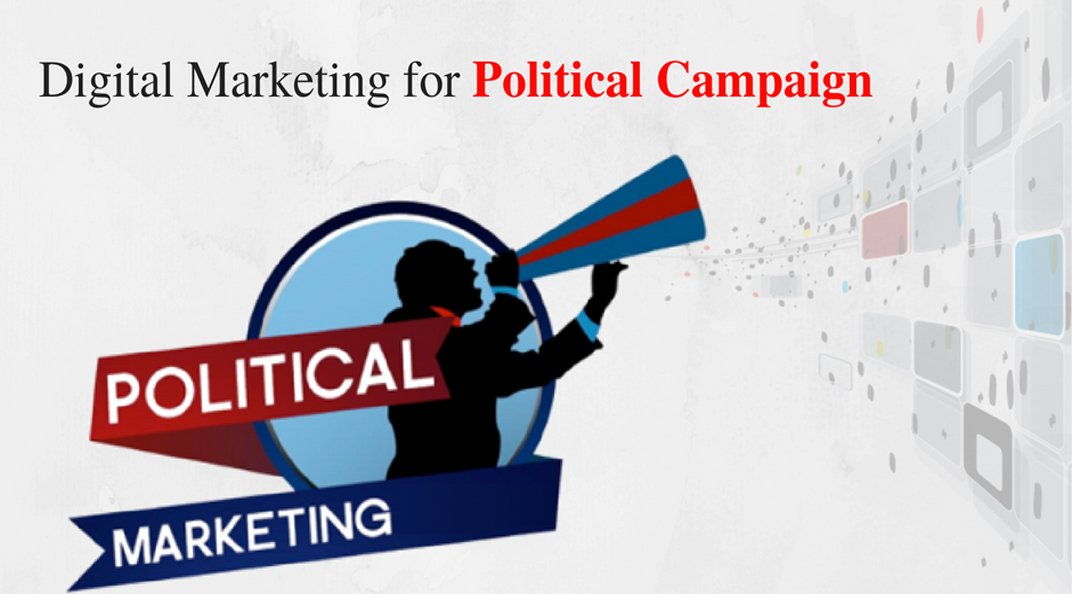
Digital campaigning has become an essential tool in the political landscape, transforming how politicians engage with voters, disseminate information, and shape public opinion. This shift towards digital platforms reflects the changing consumption habits of the electorate, particularly among younger, tech-savvy demographics. In this blog, we will explore why digital campaigns are crucial for politicians looking to connect with their constituents, influence discourse, and ultimately secure electoral success.
Reaching a Broader Audience
One of the primary advantages of digital campaigning is its ability to reach a wide and diverse audience. Traditional methods like rallies, town halls, and print advertising are limited by geography and scale. In contrast, digital platforms such as social media, email, and websites allow politicians to connect with millions of potential voters instantly, regardless of their location. This broad reach is invaluable in building a substantial supporter base and mobilizing voters.
Cost-Effectiveness
Digital campaigns offer a cost-effective alternative to traditional media, which can be prohibitively expensive, especially for grassroots campaigns or lesser-known candidates. With digital tools, politicians can achieve significant visibility and engagement for a fraction of the cost of television or radio ads. This democratization of campaign tools means that even candidates with limited resources can make a substantial impact.
Targeted Messaging
Digital platforms provide sophisticated tools for targeting specific demographics based on interests, location, age, and other criteria. This enables politicians to tailor their messages to resonate with different segments of the electorate, increasing the relevance and effectiveness of their communication. For example, a campaign might use social media analytics to identify key issues among certain voter groups and then craft messages that directly address those concerns.
Real-Time Engagement
Digital campaigns facilitate real-time interaction between politicians and the electorate. Through social media, live streams, and online Q&A sessions, politicians can engage in direct dialogue with voters, answer questions, and address concerns as they arise. This immediacy builds a sense of connection and transparency, fostering trust and loyalty among supporters.
Amplifying Grassroots Support
Digital tools empower supporters to become active participants in the campaign. By sharing content, starting conversations, and organizing online, supporters can amplify the campaign's message far beyond the reach of traditional methods. This grassroots engagement creates a sense of community and shared purpose, driving momentum and enthusiasm.
Measurable Impact
Another significant advantage of digital campaigning is the ability to measure and analyze the impact of different strategies in real-time. Analytics tools can track engagement, reach, conversions, and other key metrics, allowing campaigns to adjust their tactics for maximum effectiveness. This data-driven approach ensures that resources are used efficiently and that messages resonate with the intended audience.
Shaping the Narrative
In the fast-paced digital world, public opinion can shift rapidly. Digital campaigns enable politicians to respond quickly to news events, controversies, and opponent statements, shaping the narrative on their terms. By maintaining an active online presence, politicians can control their image, counter misinformation, and stay at the forefront of public discourse.
In conclusion, digital campaigning is no longer just an optional tool for politicians; it's a critical component of modern political strategy. By leveraging the power of digital platforms, politicians can connect with voters in meaningful ways, harness the energy of grassroots supporters, and navigate the complexities of the information age. As technology continues to evolve, so too will the tactics and strategies of digital campaigning, further cementing its importance in the political arena.